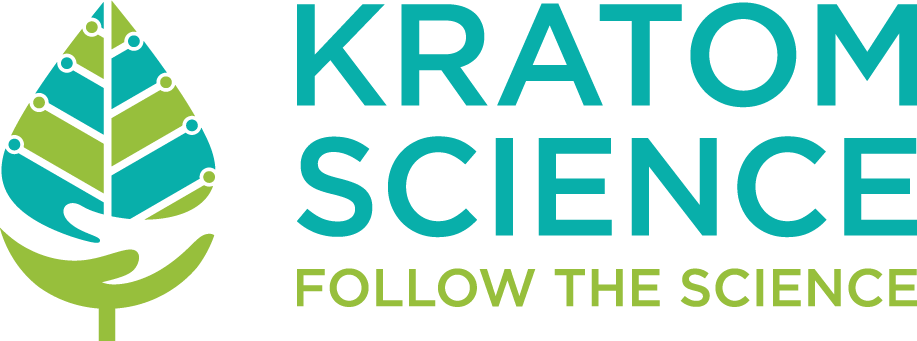Kratom in Germany
Kratom Legal Status
Legal if not for human consumption
Law
Not listed in the German Narcotics Act (BtMG) nor under special control in the Medicinal Products Act (AMG)
Where to buy kratom in Germany
Shipments are allowed when sent from an European Union member state where kratom is legal, regulated by the EU customs union in the Lisbon Treaty.
National drug strategy & laws
Since 2012, Germany’s drug strategy has been guided by the Federal Cabinet’s National Strategy on Drug and Addiction Policy. Like many other countries’ drug strategy, Germany’s centers around prevention, counseling and treatment, harm reduction, and supply reduction. Addictions of all varieties, including gambling and media, are covered in the strategy.
Responsibility for this strategy is split between the federal government, the “Lander” or states, and cities. The Lander is responsible for most of the funding of programs as well as the enforcement of drug laws set at the federal level.
As for laws, possession is a crime, however, there are options other than prison for those charged for small possession of narcotics. Sentencing is guided by the principle of “Treatment Instead of Punishment” so sentences can be lessened if the defendant gets treatment.
As for Kratom, it is currently not considered a drug and it is therefore not illegal. Kratom products can’t be sold as products for human consumption and they must be labeled as such.
National treatment policy
The German National Strategy on Drug and Addiction Policy focuses on treatment and counselling alongside prevention and early intervention. In Germany, the responsibility for the implementation of drug treatment lies with the federal Lander and the municipalities.
Available treatments range from low-threshold contacts and counselling services to intensive treatment and therapy in specialised inpatient facilities. Long-term treatment options exist in the form of opioid substitution treatment (OST), long-term rehabilitative treatment and social reintegration options.
Funding is split amongst many parties, including the Lander, pension, health insurance, municipalities, and charities. Many treatment facilities are provided by charitable organizations.
